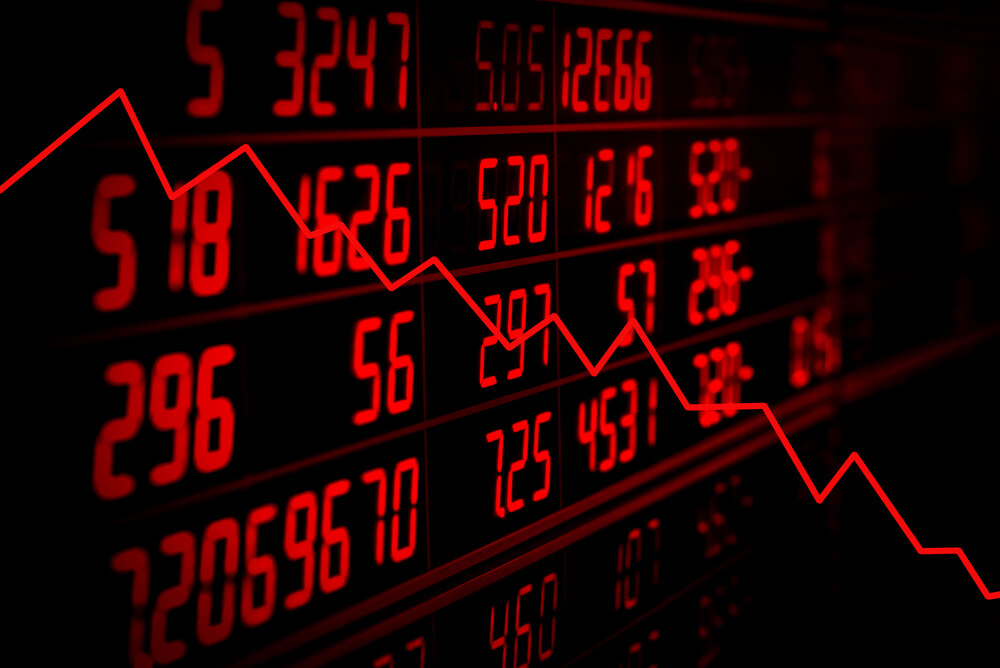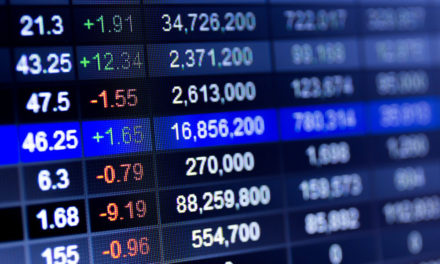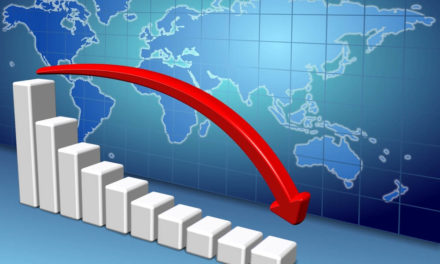Morgan Stanley laid out its revised worst-case scenario for the trade war, and it’s not good news for Wall Street if the ongoing escalations between the U.S. and China continue.
There’s been so much trade rhetoric between U.S. President Donald Trump and China’s state-run news (propaganda) organizations it’s difficult sometimes to drown out all of the noise and focus on the numbers that matter.
But Morgan Stanley has done just that in an attempt to calculate the economic, equity-market and earnings-growth implications of everything that’s happening between Trump and his counterpart, Chinese President Xi Jinping.
The firm’s latest round of forecasts paint a dire picture for investors, including a 16% drop for the S&P 500 all the way down to 2,400 (it’s currently at about 2,880 in pre-market trading Wednesday morning) over the next six months to a year, earnings growth bottoming out in 2021 at minus-14% and worse yet, a full-blown recession hitting in 2020, the crucial year for Trump’s reelection chances.
Morgan Stanley makes its case noting how often the word “tariffs” have now dominated company earnings calls, illustrating exactly which sectors — industrials, information technology and consumer discretionary companies — make up more than half of the mentions of tariffs and expect to be hit the hardest due to increasing input costs and supply chain disruptions.
“An already slowing economy and clear negative operating leverage mean that it is harder to pass along costs than companies expect without instigating demand destruction, and that margin efficiencies are already in short supply,” Morgan Stanley strategists wrote.
This is a problem for investors in these sectors, but also Wall Street as a whole. A flood of sell-offs happens at the mere mention of new tariffs by Trump, and it’s not inconceivable for a big sell-off in just one sector to spook investors in others, killing the market’s “animal spirits,” or confidence, according to investing legend Stanley Druckenmiller.
“To me, Xi Jinping and the hardliners just got a very, very big gift from Donald Trump doing what he did to Mexico,” Druckenmiller said recently in regards to Trump threatening tariffs on Mexican imports, only to back off at seemingly the last minute after securing an immigration deal.
With corporate debt levels at record highs, weakness in labor markets and global political uncertainty (trade wars, Brexit, North Korea, Venezuela, Italy, etc.), the ingredients are in place for a total collapse of the record bull market run.
Of course, all of that is water under the bridge if a trade deal is reached and no tariffs are placed on the remaining $300 billion worth of Chinese imports that are in Trump’s crosshairs if Xi doesn’t meet with him to discuss trade at the upcoming G-20 summit.
Morgan Stanley says there is about a 20% chance for its worst-case scenario happening at this point, though, investors should be prepared for the worst.
“We would advise a cautious approach to companies with material cost exposure to Chinese imports that downplay the potential impacts,” Morgan Stanley strategists said.




